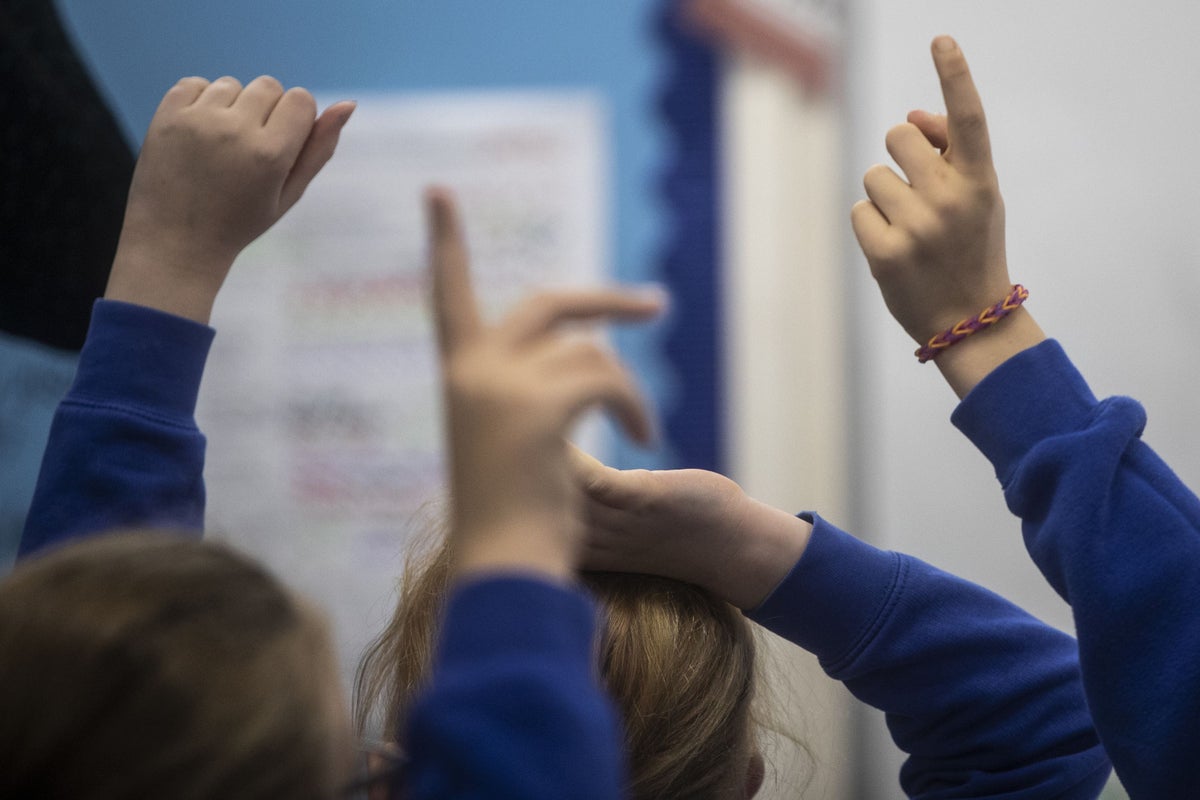
Making England’s mainstream schools more inclusive for children with special educational needs will require “a lot of work”, a Government adviser has said.
Tom Rees, chairman of the Department for Education’s (DfE) expert advisory group on inclusion, said support and resources for children with special educational needs and disabilities (Send) is inconsistent.
The adviser has called for children’s needs – rather than “labels” – to be put at the centre of the Send system.
His comments come as the Government has set out its intention to improve inclusivity in mainstream education settings for children with Send.
In March, Mr Rees, chief executive of Ormiston Academies Trust (OAT), launched a call for evidence about effective inclusion in mainstream settings.
The initiative, called Inclusion In Practice, aimed to identify and share practical, scalable solutions for inclusion in mainstream schools and colleges.
The review, published on Thursday, highlighted “promising” inclusive practice in mainstream settings across England, but it also showed “inconsistency” in training, support, guidance and resources across schools and colleges.
Mr Rees said: “This report gives us hope and encouragement, in highlighting pockets of effective and evidence-informed practice being implemented in our schools which we can learn from and build on.
“But this project has also reminded us how much inconsistency exists within the Send system in terms of frameworks, training, advice and resources.
“We should be ambitious for much better support for teachers and schools in the future.
“This means clearer use of evidence, sharper accountability, smarter systems, and putting children’s needs – not labels – at the centre.
“Schools are ready for reform and ready to act. There’s strong appetite to improve – and many schools are already changing how they work.
“System reform must accompany that and support and build on this momentum.”
He added: “There’s a lot of work that needs to be done so that mainstream schools become more inclusive for pupils with special needs, but in our work we’ve seen many examples that show it can be done and which are a model of excellent practice.
“Parents need to know and have confidence that their child’s needs can be met within a mainstream school.
“But making mainstream schools more inclusive doesn’t just help those with special needs – it improves the quality of education for all children.”
DfE data last week showed that the number of education, health and care plans (EHCPs) – which set out the support a young person requires for their Send needs – has increased.
In total, there were 638,745 EHCPs in place in January, up 10.8% on the same point last year.
Education Secretary Bridget Phillipson said: “Our ambitious reforms will make sure children with Send have better outcomes through our Plan for Change – with better support in mainstream schools and special school places always there for those who need them.
“Despite the system desperately struggling to cope, there are pockets of outstanding practice already in place in schools that show our vision for reform is possible.
“Thanks to Tom Rees, Ambition Institute and the Confederation of School Trusts for this work, this valuable insight will help more schools begin to create the foundations of this reformed system and we’ll be setting out more details about how this will be achieved in the autumn.”
